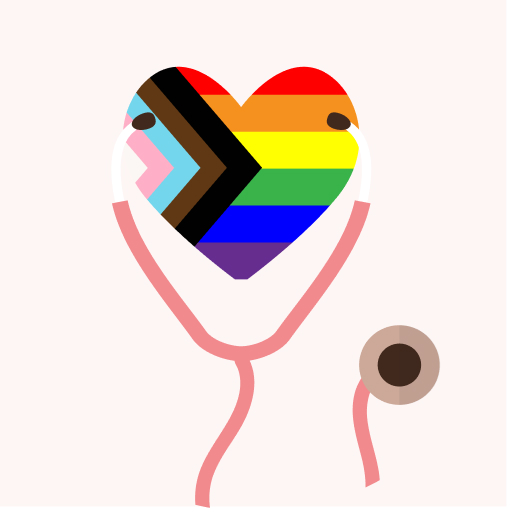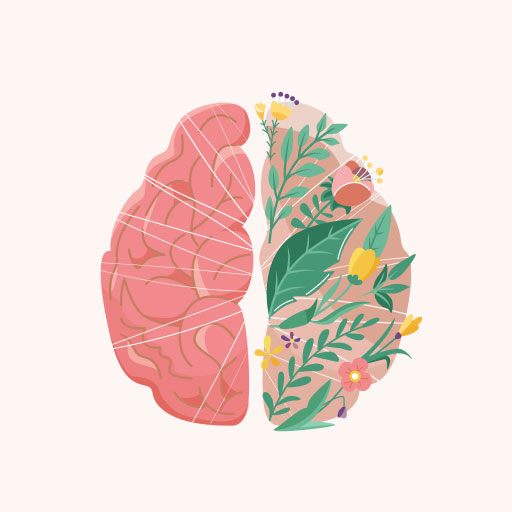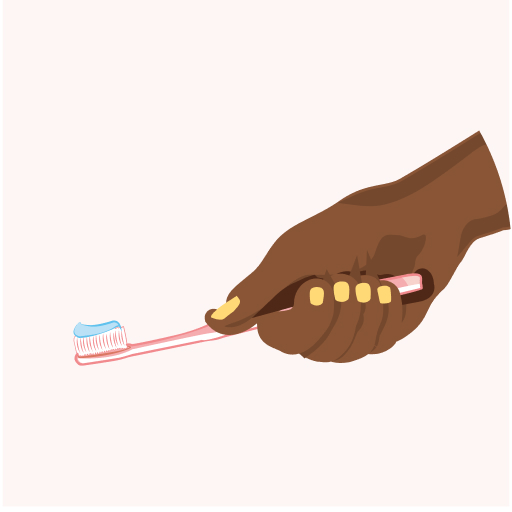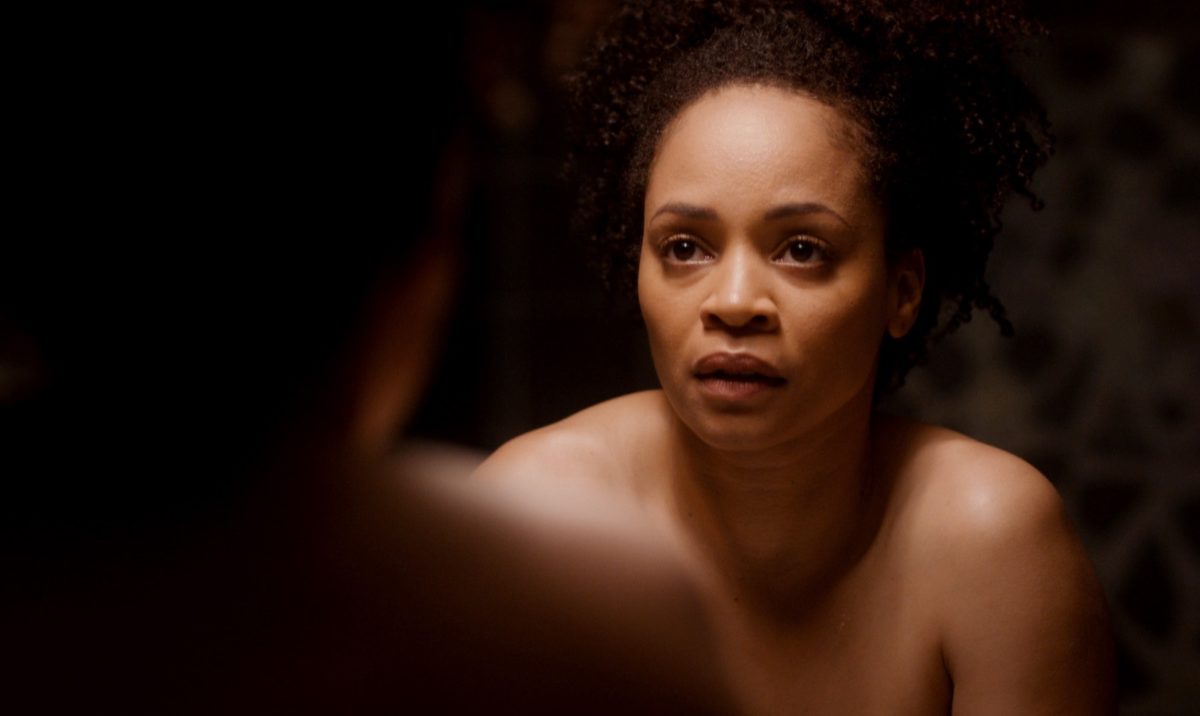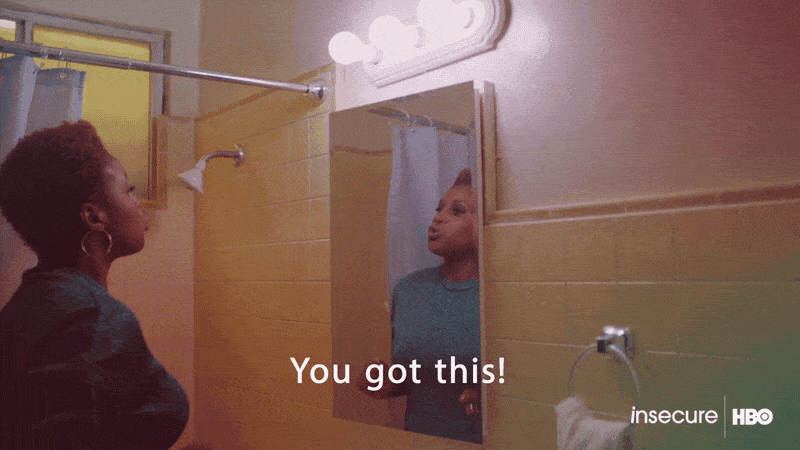
The Immortal Myth of the “Strong Black Woman”
In April 2018, The New York Times ran a headline entitled, “The Strong and Stressed Black Woman,” by clinical psychologist Inger E. Burnett-Zeigler. In this article, Dr. Burnett-Ziegler wrote, “Black women have harnessed their strength out of the necessity to support themselves and their families, when no one else would.” There has been a plethora of newspaper articles, thought pieces, podcasts, and academic writings on the “Strong Black Woman,” (SBW) archetype, a perception that Black women are naturally strong, resilient, self-contained, and self-sacrificing. SBW is a persistent cultural trope that is both aspirational and at times, detrimental. Early in a Black woman’s life, we are reminded of the seemingly insurmountable challenges that our foremothers faced and we, their descendants, are the personification of our “ancestor’s wildest dreams” and the products of their resilience. These narratives are meant to be a source of strength, and simultaneously a yardstick from which to measure our own struggles and successes.
In a 2016 Nielsen report entitled, “Young, Connected, and Black,” the educational, professional, and buying power of Black millennials in general, and Black women millennials specifically, were lauded, however, other headlines simultaneously described the egregious state of Black women’s health. For generations, it was widely believed that lower socioeconomic status (SES), and in turn, less access to quality health care, were the primary culprits of the health disparities experienced by Black women. Yet, SES is only one piece of a large and complicated puzzle. Studies have shown that when you control for SES including education attainment, Black women continue to have worse health outcomes in comparison with our White counterparts, however once Black women get a disease, we are more likely to die from that disease.
Dating back to the slave trade, scientists have been captivated by Black women, and it is a Black woman’s [Henrietta Lacks’] “immortal” cells that have informed some of science’s most noteworthy discoveries (e.g., vaccination for polio and HPV etc.). Moreover, Black women have consistently been “othered” or viewed as sub/superhuman and this view has had very real and negative health consequences. There are a number of erroneous beliefs about biological differences between Blacks and Whites, and some of these beliefs result in disparate and under-treatment by medical professionals based on the implicit bias. For instance, some studies have shown that Black patients are half as likely to receive opioid pain medication, as White patients. The implicit bias about the Black body may lead to the erroneous assumption that “the Black body is stronger and the White body is weaker,” resulting in the belief by some that Blacks are better equipped to endure pain. Alternatively, some healthcare providers believe that Black people are more likely to become addicted to illicit substances (despite evidence of the contrary), and are less likely to prescribe certain pain medications to Blacks.Another point to consider is that there are consequences that come with “doing well” including but not limited to, more years of education, increased loan debt, higher likelihood of being single or heading up a single income household, being the primary breadwinner, financial obligations to children or other relatives, and challenging work environments where these superwoman stereotypes persist and ultimately impact Black women’s overall well-being. Self-care is more than a catchy phrase, it is an important practice that Black women must intentionally engage in, coupled with stress management, healthy eating habits, receiving enough sleep, and exercise. Self-care is privileged and not viewed as widely available to everyone, and it is difficult to maintain self-care while care-taking and prioritizing others. Despite these challenges, self-care is imperative for our quality of health and longevity. Consequently, let’s start teaching one another that it is okay to treat ourselves with the same love and commitment that we give to others. It is time to embrace and consolidate the Strong Black Woman and the woman who needs a reprieve. Nearly 135 years after Sojourner Truth’s death, the irony of Sojourner Syndrome is that it is named after a woman who lived to be 86, approximately ten years longer than the average life expectancy for Black women today.
Individuals cope with, and articulate their pain (physical and psychological) in a variety of ways. Christopher Ervin, an advisor to the Black Women’s Health Initiative, states, “Many cultures may not be as demonstrative or vocal or assertive about pain and say: ‘Hey, I am hurting,’ particularly when, women in color in general, being vocal is not always to your benefit.” This ability of Black women to internalize their pain, has physiological and psychological ramifications. In 2009, Dr. Leith Mullings published a paper on Sojourner Syndrome, named after the historic abolitionist, suffragist, and spiritual leader, Sojourner Truth. Sojourner Syndrome explains the early onset of disease and disability amongst Black women by taking into account the interaction and multiplicative effects of race, gender, class, and age. Dr. Arline Geronimus provided additional support for the link between stress and Black infant mortality with her theory of Weathering. Weathering occurs when toxic stress triggers the premature deterioration of the bodies of African American women as a consequence of repeated exposure to a climate of discrimination and insults. A recent NY Times article on Black maternal health quoted a researcher who stated, “For Black women, something about growing up in America seems to be bad for your baby’s birth weight.” If the act of simply growing up in America can be bad for a baby’s birth weight, what other negative health impacts is it having on the woman? Also, this negative impact is so pervasive that it even impacts well-resourced and “certifiably” strong Black women like Serena Williams. There are countless studies that have linked stress and health, so this comes as no surprise that the relationship would be even more pronounced during pregnancy, or shortly thereafter, among Black women.
While being a Strong Black Woman has been associated with a number of negative health outcomes, lest we forget the number of ways in which the strong Black woman can be beneficial. May we, as Black woman, use elements of this tradition to our benefit to continue to thrive and gain optimal health. I encourage Black women to be proactive with our overall mental, physical, and spiritual health. Self-care takes on multiple meanings, but essentially, it’s the idea that it is perfectly okay to make oneself a priority.
More Content
Mental & Behavioral Health
Money or My Mind? Why I Chose My Mental Health Over a Bigger Paycheck
TRIGGER WARNING- This article contains information about...


